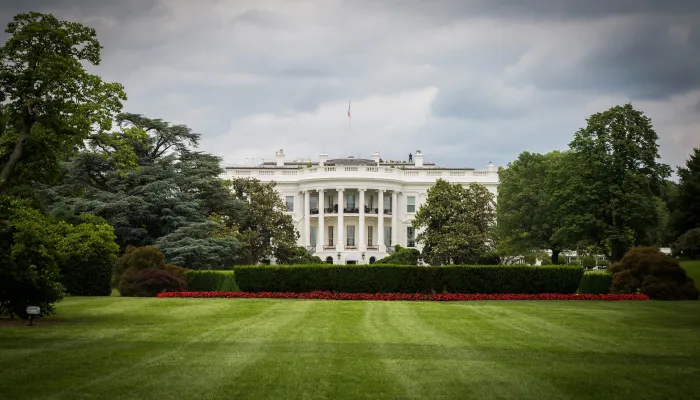Op-Ed: Hey, Where Did Our Economy-Threatening Fiscal Crisis Run Off To?
Brookings | June 12, 2013
Federal policy makers always seem to be looking for reasons to dodge the difficult choices necessary to avoid the fiscal crisis. This month, they got some new excuses.
First, in mid-May, CBO updated its fiscal outlook, predicting the Fiscal Year 2013 deficit would be $200 billion less than earlier forecast. That’s delightful, but the 10-year forecast remains substantially unchanged. It also remains dismal.
Later in May, the Trustees of Social Security and Medicare made their annual report. It again showed the Social Security Trust Fund going into the red in 2033, at which time, recipients, by law, will take a 23 percent cut in benefits. It also showed the Social Security Disability Trust fund going broke in 2016, with a similar benefit cut of 20 percent. But, Medicare looked a bit better. It does not tank until 2026, two years later than previously forecast. That small improvement was another excuse.
And when the debt ceiling extension ran out on May 19, nobody cared because the Treasury has a little wiggle room. The moment of default has been pushed back until after Labor Day – an eternity in Washington. The later default date was hailed as a positive sign of economic improvement.
Despite these tiny rays of sunshine, all the long-term forecasts remain dismal. The long-term deficit and debt problems have not changed. But, small reasons to refrain from hard choices are never wasted in Washington. Inaction marches on. Neither Congress, nor the President, is conducting any observable negotiations. Nobody wants to fix the debt.
Fiscal fatigue and political recalcitrance have smothered budget negotiations. Even tax reform, an essential element of a comprehensive budget solution, seems now to have been drained of its vitality. Hopes for a “grand bargain” in 2013 have faded. Now the best outcome is to successfully avoid the debt ceiling default.
Having side-stepped the long term problem, both branches and both parties are content to wait until the last moment before worrying about defaulting on the full faith and credit of the United States. For now, political practitioners are giving their attention to assessing their bargaining clout, and predicting election victories, rather than in solving either the long, or short-term fiscal crisis.
The three budgets (House, Senate and the president’s) are still dueling. There is no apparent negotiation for budget reconciliation in process. The Chairs of the House and Senate Budget Committees meet from time to time, but there is no formal conference committee, and the administration has not expressed concern.
In FY 2013, which closes at the end of September, there was no Congressional budget. Nor has there been one in 5 years. There will certainly be none again this year. Without a budget, the Appropriations Committees of the House and Senate, each following its own budget, will determine federal spending for FY 2014. That will be exciting because the Senate budget assumes away sequestration, while the House budget etches it in stone.
We are thus doomed again to another series of short-term Continuing Resolutions (CRs) to fund federal government operations in FY 2014. Long-term solutions are politically impossible. Our representatives have other priorities. In Washington, politics are more fun, and core constituencies more important, than solutions.
Another debt ceiling mini-crisis will probably be avoided in the fall, but long-term debt will continue to cloud our future. The easy stuff has been done. The sequester made some small progress in limiting discretionary expenses.
On the hard stuff, entitlements and taxes, we are no better off than we were five years ago. The size of the problem, and its dire consequences, have long been common knowledge. The most predictable crisis in history has, as yet, not even generated a good discussion.
Every minute of delay in doing the hard stuff will make its ultimate cost more painful, both for the taxpayers, and for the recipients of federal spending.
So the answer to the question of what ever happened to our fiscal crisis is: little or nothing. The threat has not subsided. It has merely been ignored. The economic albatross of deficit and debt continues to threaten our future.
What's Next
-
Image

-
Image

-
